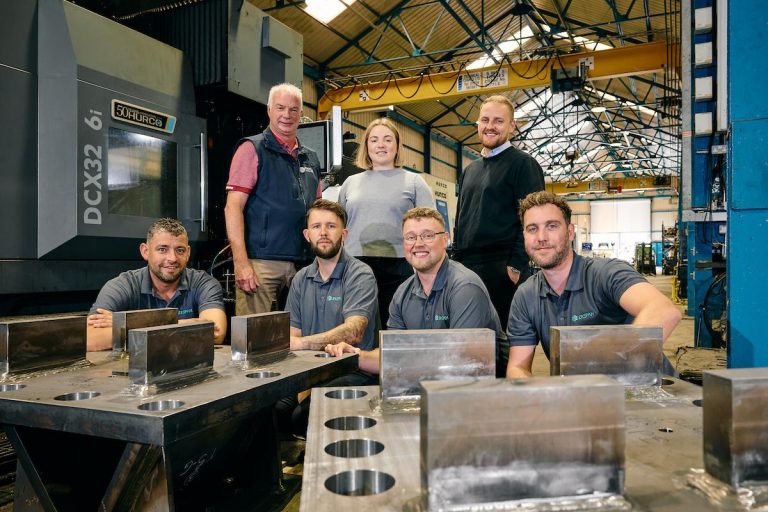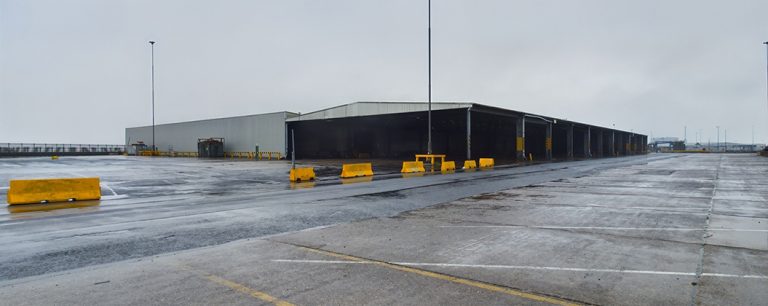The University of Hull and RSA Insurance are partnering to innovate new flood resilience solutions and help protect businesses from rising flood risk.
Extreme weather and the risk of major flooding events are on the rise in the UK. Property level flood resilience (PFR) measures – such as flood doors and smart air bricks – are available to property owners, but adoption remains limited.
RSA Insurance, an Intact company, will partner with the University of Hull’s Energy and Environment Institute (EEI) to measure the effectiveness of PFR in various scenarios, support their adoption, and help individuals, businesses and communities adapt to a changing climate.
Although many properties face flood risk, commercial properties present additional challenges such as accessibility, security doors, and high traffic, which are not addressed by existing PFR products. The research will explore these issues and work to identify flood resilience solutions that meet the needs of business operations.
The partnership will also facilitate the creation of evidence-based tools to help businesses assess and manage their flood risk more effectively.
Professor Fiona Matthews, pro-vice-chancellor for research, said: “Flood resilience is a key strategic area of expertise at the University of Hull. This partnership marks a significant step towards innovative flood risk management solutions that are crucial for addressing contemporary environmental challenges.
“Our collaboration will allow us to translate research findings into practical actions that businesses can take to protect their properties from flooding.”
The work will be led by Stuart McLelland, professor of Water Science and lead researcher for the Total Environment Simulator (TES) experimental facility.
Professor McLelland said: “This is an exciting opportunity to work with RSA to build on our expertise in flood resilience and improve understanding of how property-level measures can be used to reduce flood risk.
“Together we will look at opportunities for product innovation, so that individuals and organisations can take appropriate steps to reduce their flood risk, promoting resilience in the face of more frequent flooding.”
Alison Gardner, head of UK&I social impact and ESG, RSA Insurance, an Intact company, said: “As climate change contributes to more intense and frequent flooding, the need for adaptation has never been more urgent. It’s not enough to respond to extreme weather, we must prepare for it.
“This research plays a vital role in building the evidence base we need to understand what works, where, and for whom. By focusing on commercial properties, which face unique challenges, we can help shape practical tools and solutions that support a more resilient future for businesses and communities alike.”






















